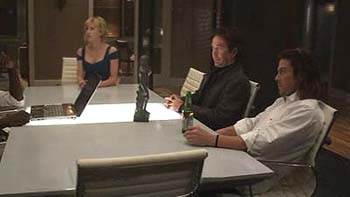Doctor Who has been running for almost 60 years, and in that time the show has had a growing number of actors take on the role of its leading alien runaway. Out of necessity, the show decided to recast the leading role and move forward instead of simply wrapping up the show, and with its increasingly long lifespan, the tactic appears to have paid off. However, while the Doctor has essentially remained the same runaway alien with a sense of adventure and a fondness for Earth and its human population, each incarnation of the Doctor has had their differences, some minor, and some not so minor.
The Doctor’s regeneration ability created a unique way for the show to continue for decades without the need for one core cast and allowed the show to evolve and grow with the times and needs of the audience. From the first actor, William Hartnell down to the latest, Ncuti Gatwa, the Doctor has changed a great deal, but at his core, with the very beating of his two hearts, he remains a kind, curious, adventurous, and intelligent being with an insatiable appetite for learning. The reason he even has his iconic time-traveling TARDIS is that as a much younger man on Gallifrey, he couldn’t stand the Time Lord way of life watching the universe play out from the sidelines. The Doctor often can’t help but try to find a way to help and protect others, even when it seems utterly impossible. That being said, each regeneration has also had their unique traits.
William Hartnell, The First Doctor
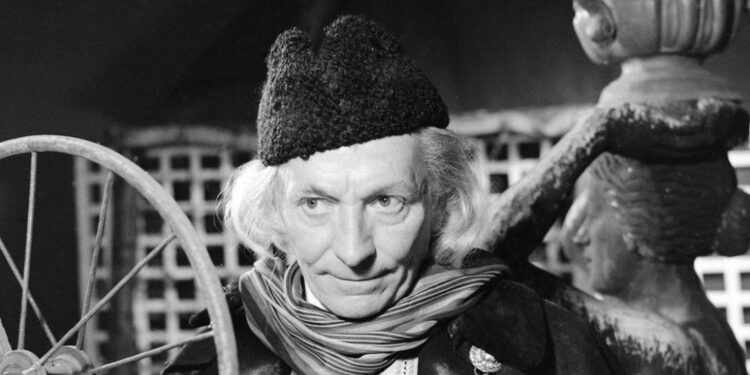
William Hartnell was the very first actor to helm the TARDIS when Doctor Who first started, and he did so alongside his on-screen granddaughter, Susan Foreman. The First Doctor, while he may have the appearance of an elderly man by human standards, was in many ways immature, headstrong, and just beginning to learn about humanity. Up until this point, the Doctor had lived a life on Gallifrey, amongst the cold and militant Time Lords who chose to watch over the unfolding of time but remain apart from it. Prior to this incarnation, the Doctor did not have any personal dealings with humankind, and it wasn’t until the concerned and compassionate school teachers, Ian and Barbara, barged into his Tardis that he began to develop a genuine connection with humans.
Patrick Troughton, The Second Doctor
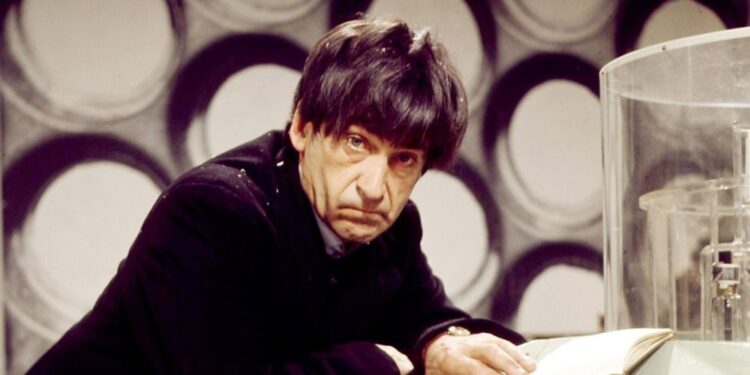
Patrick Troughton presents a very different take on the Doctor when he appears in Doctor Who. Where One was rigid and at times appeared unfeeling, Two appears to be much less serious. He is often playful and mischievous and can be distinguished by his carrying a recorder. This gives him the air of a joker, but beneath the exterior, this version of the Doctor is no less intelligent and confident than his predecessor. Two is attempting to enjoy his adventures and companionship with humans, but he is also keenly aware of the tenuous relationship between himself and the Time Lords.
Jon Pertwee, The Third Doctor
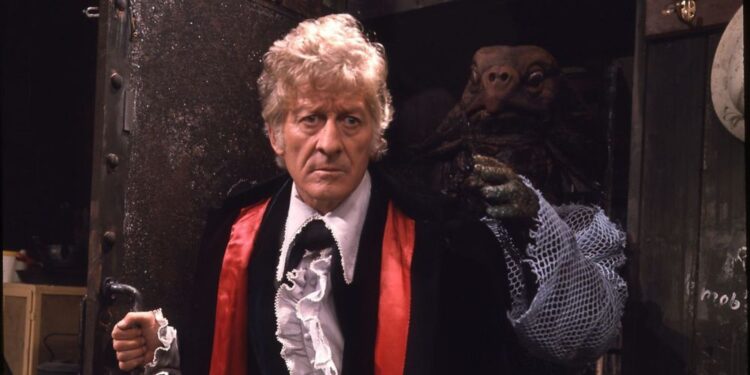
Jon Pertwee was an incredibly well-respected English actor who was highly regarded for his James Bond-esque demeanor. Much of this is carried over into his portrayal of the Doctor in Doctor Who. A large part of the Third Doctor’s life is spent Earthbound due to his exile by the Time Lords and restrictions put in place to prevent him from traveling through time and space. Three spends much of his time working with UNIT, a secret military operation concerned with threats beyond Earth’s typical understanding. The Doctor spends his exile as a suave spy, swooping into dangerous situations and saving the day before celebrating with a cocktail.
Tom Baker, The Fourth Doctor
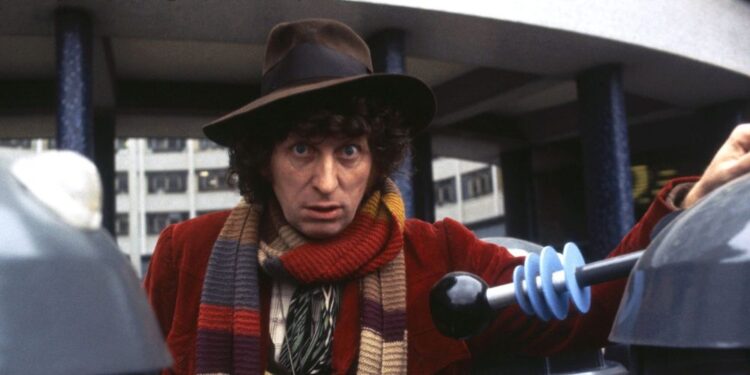
For many fans of classic Doctor Who, Tom Baker is the quintessential actor in the role. He is filled with curiosity, wonder, and a deep appreciation for all things human, especially jelly babies and art. While this iteration of the Doctor also appears more distant than most with his very alien quirks and his apparent lack of understanding of human tradition, he is in awe of humanity. He works hard to understand humankind and develop a deep connection with his companions by making jokes.
Peter Davison, The Fifth Doctor
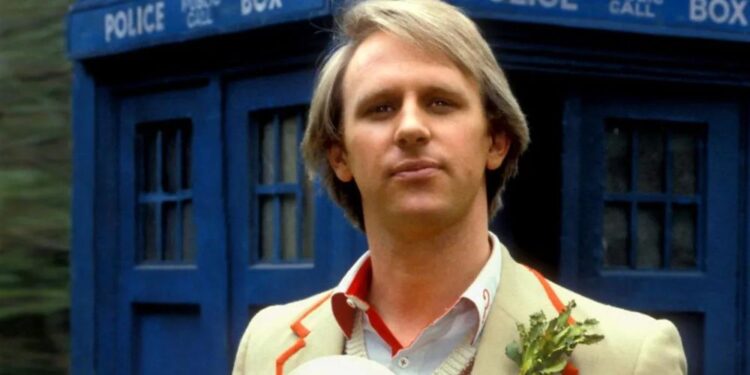
From the fourth, more alien depiction of the Doctor to Peter Davison’s fifth, there is a significant shift. Five appears to be much more comfortable fitting into human ways of life and enjoys simply playing cricket, traveling, and learning. Perhaps as a result of Four’s desire to learn more about humans, Five became a very human character. His travels in the TARDIS and his relationships with his companions through his run on Doctor Who present him as a tired father figure trying to keep a handle on a group of wild and curious children. At this point, the Doctor has been alive for a significant amount of time, claiming to be anywhere up to 850 years old and living a number of lifetimes (no wonder he was tired).
Colin Baker, The Sixth Doctor
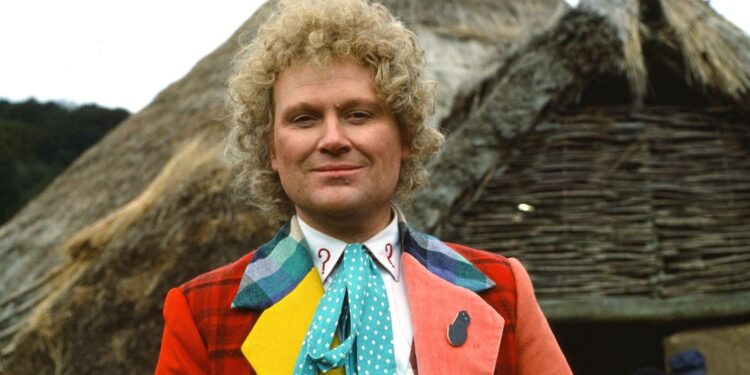
Colin Baker delivers yet another departure from many of the Doctor’s previous traits. Six is often characterized by his brash, overconfident, and impatient nature. Fully sure of himself, his extraordinary knowledge, and his centuries of experience, this Doctor can be harder to warm to than many of his predecessors, but as always, for the people closest to him, he possesses an incredibly protective and caring nature.
Sylvestor McCoy, The Seventh Doctor
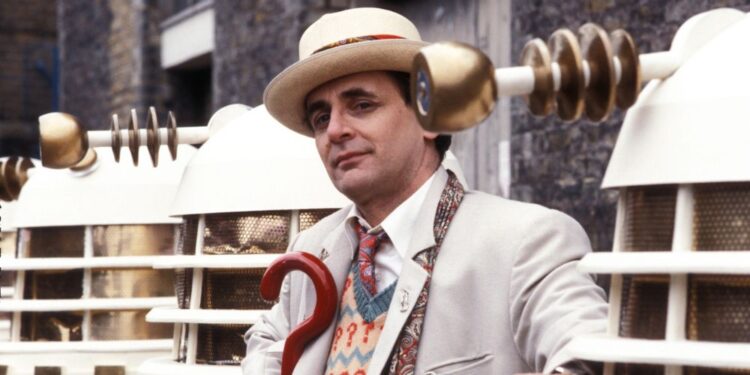
Sylvestor McCoys Doctor has been compared to Merlin of the King Arthur fairy tales (and the character has been confirmed to be Merlin himself at times in some of Doctor Who‘s cheakier moments). A trickster and a calculating master of strategies, McCoy’s Doctor was keenly able to manipulate others to perform as he pleased. Seven is extremely intelligent and uses that intelligence against his enemies with precision and severity. Unfortunately, Seven was also responsible for using many of his companions as unwilling and unwitting pawns in his plans.
Paul McGann, The Eight Doctor
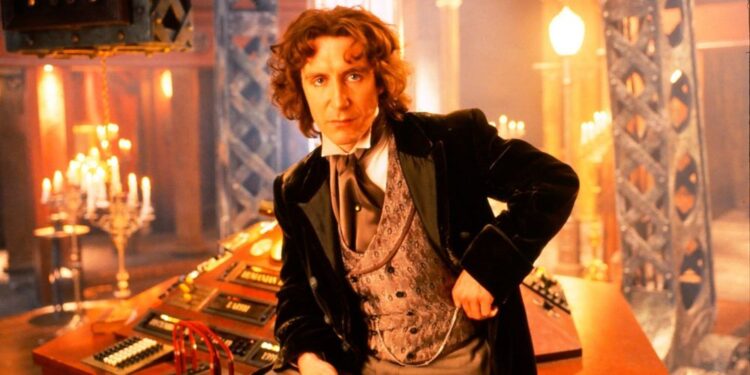
Paul McGann holds the unusual honor of being both the shortest and longest-serving actor to play the Doctor. Shortest because his first and only appearance as the star of the series was during the 1996 movie which was supposed to relaunch the show for an American audience. This came after a hiatus for the show since 1989 and the movie was the only official Doctor Who television project until the show’s revival in 2005, which means he technically remained the Doctor during that period. Eight is the most similar to early iterations of the Doctor in NuWho with his equalling charming and commanding nature. Much of his story is only seen in the official audio and literary adventures, but he clearly marked a change for the Doctor.
John Hurt, The War Doctor
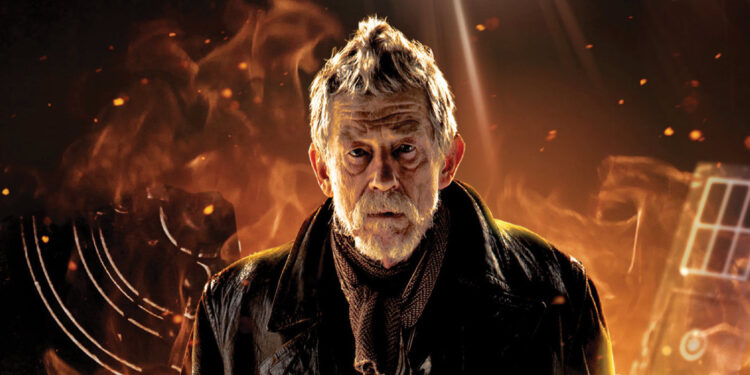
The War Doctor remained a hidden part of the Doctor’s history until the Doctor Who 50th anniversary special, The Day of The Doctor. This regeneration was brought on especially by mystical timelord science in order to help the Doctor do what he must during the Time War to ensure the survival of his people and overcome the Daleks. While this Doctor was a departure from his earlier incarnations and chose to pick up arms and actively fight during the Time War, he still possessed a great deal of integrity and compassion, and when a way to save lives appeared, he chose to pursue that instead of causing the genocide of multiple species. However, his memories of these actions and this regeneration were distorted for some time.
Christopher Eccleston, The Ninth Doctor
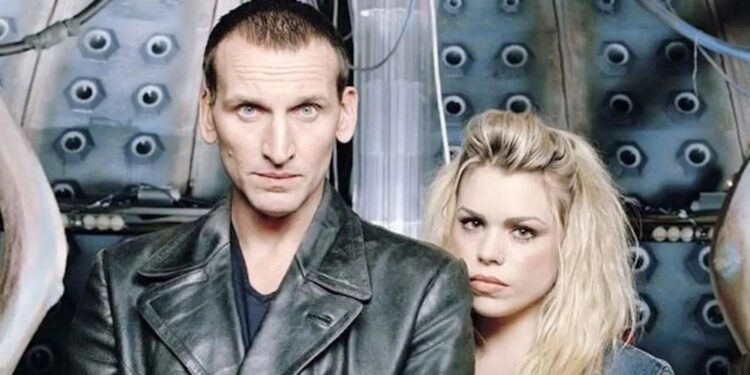
Nine is characteristically defined by his being the sole survivor of the Time War and was the first actor to take on the role in the Doctor Who revival. Feeling huge responsibility for the destruction of his people and the Daleks, Nine is raw in his emotions. Having fallen to such great depths, he also finds himself grinning and taking pleasure in the goodness and love of humanity once again. Nine is damaged, but trying to find meaning and purpose as the defender and guardian of the human race in an attempt to move past his history.
David Tennant, The Tenth Doctor
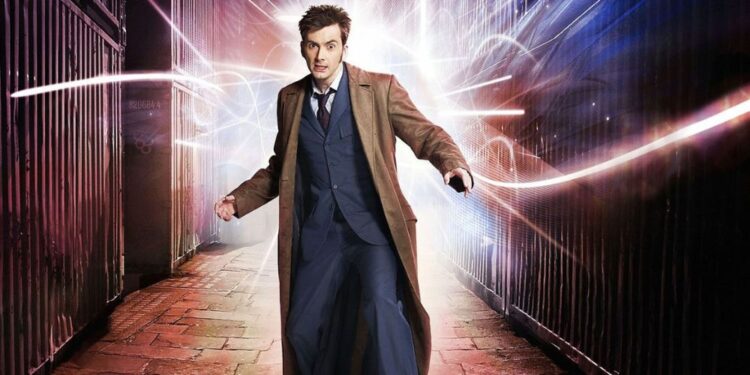
David Tennant’s Tenth Doctor has been voted the all-time favorite in a number of polls, and after watching his take on the Time Lord, it’s easy to see why. Tennant tied together many of the outstanding characteristics of previous incarnations of the Doctor, he possessed a deep underlying sadness that was hidden under an obnoxiously large grin just like Nine, he was an outstanding flirt just as Eight was in his brief appearance. He possessed a dark and twisted sense of just vengeance which he unleashed on his most persistent foes like the Family of Blood who he locked into an eternal prison, which was reminiscent of Seven’s harsh punishments.
He was always the cleverest person in the room and he knew it, just as Six did, like Five, he seemed weary and enjoyed taking part in the most ordinary and human of activities such as running and Christmas dinner. Like Four, he was prone to long rambling speeches and could maneuver himself out of any tricky situation with his words. He was as mischievous as Three, as dashing and charming as Two, and at times, his temper was short just like One. Ten changed the Doctor forever going forward, combining, learning, and growing with his regeneration and connecting with all of his past.
Matt Smith, The Eleventh Doctor
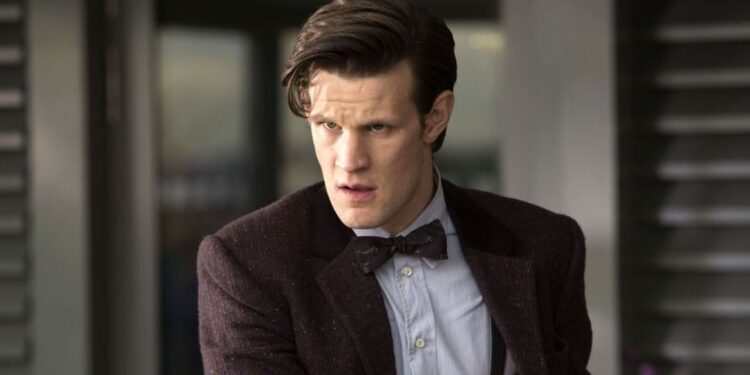
Eleven, as played by Matt Smith in Doctor Who added a whole new sense of childlike wonder and self-discovery to the Doctor. From his earliest moments testing and rejecting a long list of odd food combos, Eleven had to reinvent the Doctor. He still possesses wonder, excitement, seriousness, and an impressive intellect, but Eleven always has some bigger plan brewing. Despite acting foolish, he was always in control of the situation and capably cheated his own death on a number of occasions.
Peter Capaldi, The Twelfth Doctor
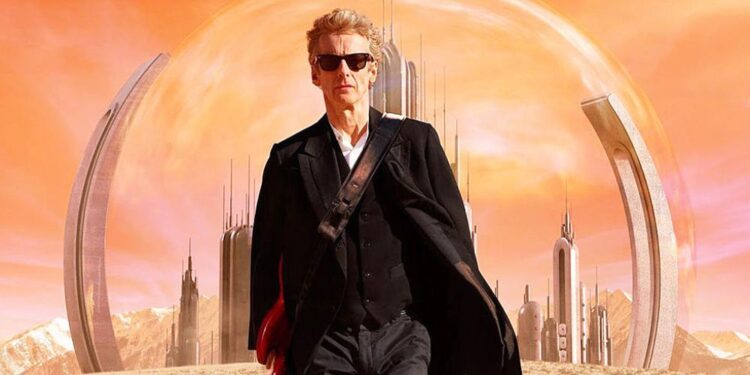
Twelve was a punk. Though the Doctor looked older than he had in many regenerations prior, he regressed into a punk phase for Capaldi’s stint on Doctor Who. He could play with his companions and the lives of those around him seemingly as easily as he played his guitar, but Twelve had a heart of gold and a deep love for his companions. Twelve mourned his losses and decided to fight back against the unfairness of time and space taking what he loved most away from him time and time again. Twelve broke the rules, granting eternal life to Me, pulling Clara out of time, and rejecting the rigid mentality of his own species.
Jodie Whittaker, The Thirteenth Doctor

Jodie Whittaker’s Thirteen marked a new start in the Doctor’s lives, having lost all of their former friends, companions, loves and finally giving into the change willingly after Twelve was helped along his regeneration journey by One, Thirteen was something new. She was an inventor, she was resourceful, genuinely curious and in awe of discovery and adventures throughout time and space. Thirteen looked for and found her family in three misfits and together they traveled and helped people everywhere. Thirteen was slow to open up to her companions, but she relied on them for security and to feel belonging. It’s fitting then, that during this search for family and belonging, Thirteen had the truth about her origins revealed and is now perhaps more alone than she ever was before.
David Tennant (Again), The Fourteenth Doctor
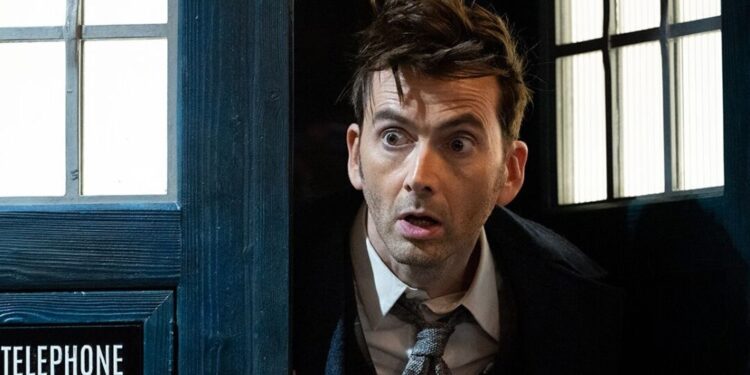
What? That is exactly what everyone is asking in anticipation of the special 60th-anniversary adventures of the Doctor and Donna Noble. Their ending was definitive and with the return of David Tennant, Russell T. Davies, and Catherine Tate creating buzz, what the Doctor’s Fourteenth regeneration into a figure similar to the Tenth’s could mean is not yet known. From the trailers, it appears that Fourteen sounds the same as Ten and behaves in much the same way. What is certain is that there is a bigger, grander reason for this change.
Ncuti Gatwa, The Fifteenth Doctor
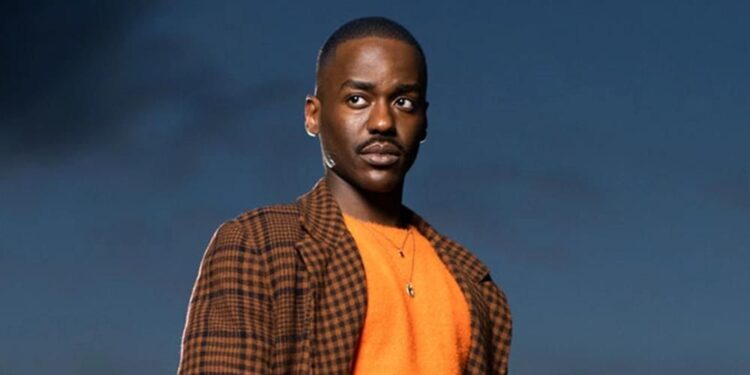
At present, the least is known about Ncuti Gatwa’s Fifteenth Doctor. Announcements regarding casting and filming locations appear to be popping up more and more and it is only a matter of time before Fifteen gets the chance to take the spotlight and helm the Tardis as the legendary Time Lord. For now, however, the question regarding Gatwa’s Fifteen firmly remains, Doctor Who?
 Follow Us
Follow Us


